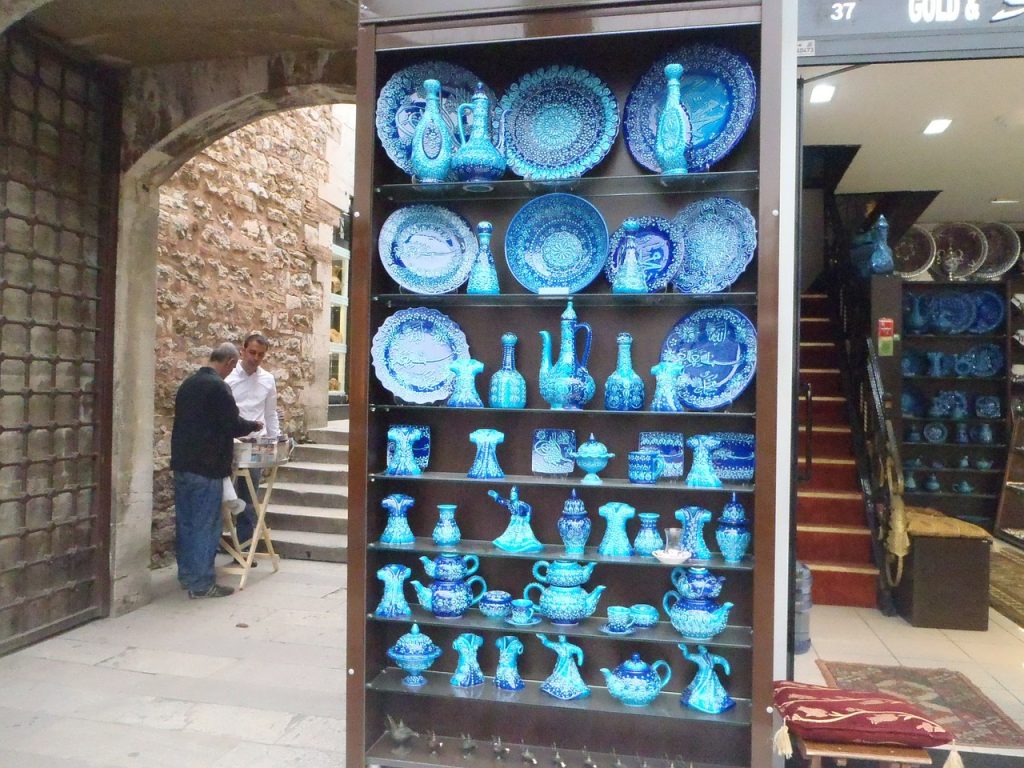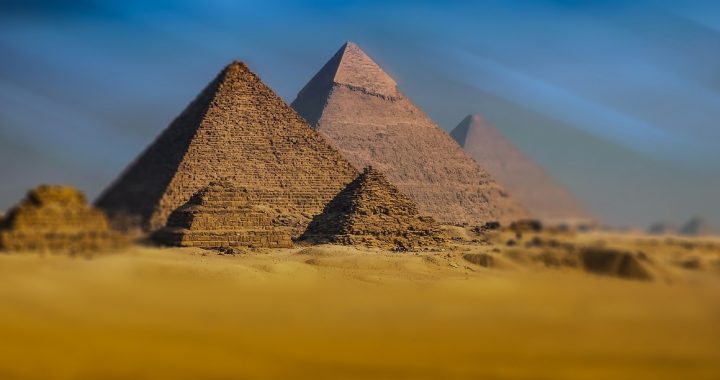In the workplace, having goals gives us and our projects direction. Without goals, we and the organizations we work for become rudderless vessels.
If you’re looking for inspiration in your goal-setting efforts, look no further than Paolo Coelho’s perennial bestseller The Alchemist. For those of you not familiar, The Alchemist is the fictional story of a Spanish shepherd boy named Santiago, who travels to the Egyptian Pyramids in search of his treasure. Throughout his journey, Santiago experiences many challenges but remains committed to his goal.
The inspirational story also provides us with many lessons on goal setting. Below are my favourite lessons learned for goal setting and planning.
Identify your goal

Every plan begins with identifying an achievable goal. Once you identify your goal, you can then create a plan of action or next steps that will help you achieve your goal.
In The Alchemist, Santiago’s goal is very clear: to travel to the Egyptian Pyramids where he believes he will find his treasure. To get to the Pyramids, Santiago develops a plan that will see him sell his sheep, set sail for Africa (Morocco) and take a caravan across the Sahara Desert to – voila! – Egypt.
But as we learn from Santiago’s journey, most plans don’t go as planned.
Plan for disruption

The Alchemist teaches us that, like the sands of the Sahara, your first plan of action will most likely shift with the changing winds.
Even the strongest plan is destined to be challenged by unexpected events. For Santiago, what was supposed to be a temporary stop in Morocco ends up being a 2-year delay after he is robbed of all his money.
When working towards your goal, prepare yourself for potential pitfalls.
Adapt to new circumstances

It’s imperative that you are flexible and adaptive in the face of change.
Santiago was quick to adapt to bumps on the road. During his journey, he would learn Arabic, a new trade and customs. He would follow different paths when needed, which helped him move closer to his goal.
Oftentimes we have to learn new skills when working towards our goal. For example, those who strive to be leaders may have to improve their interpersonal skills, whereas a person who wants to launch a food blog may have to perfect the art of photography. The point is you should always be learning.
Don’t forget your everyday responsibilities

Many people become so focused on their long-term goal that the rest of their work disintegrates.
In The Alchemist, there’s an excellent story about a wiseman and a merchant seeking his advice. The wiseman tells the merchant that to find happiness he must first walk around the wiseman’s castle to check out the sights. He must do so while carefully carrying a spoon with two drops of oil. This balancing act creates a dilemma for the merchant: tend to the spoon and miss out on the journey, or enjoy the castle but risk losing the spoon’s contents?
This story serves as a reminder to always remember your everyday responsibilities, no matter how mundane. But also take time to enjoy the journey and smell the roses.
In summary
When it comes to strategic planning, The Alchemist teaches us that we must resolutely seek our goals if we are ever to find our treasure. We must prepare and be on the lookout for change, and be prepared to adapt our plans when needed. And finally, while pursuing our goal, we must never lose sight of our everyday responsibilities and the joys of life.
